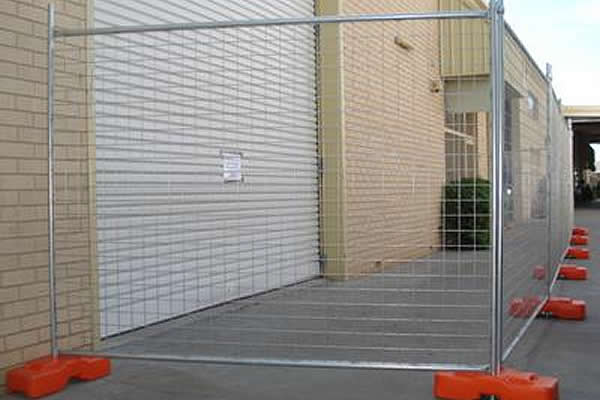 TEL:
+86-13102802206
TEL:
+86-13102802206
 Email:
fencenetting@china.com
Email:
fencenetting@china.com
 Language
Language
 TEL:
+86-13102802206
TEL:
+86-13102802206
 Email:
fencenetting@china.com
Email:
fencenetting@china.com
 Language
Language


Understanding Chain Wire Fencing Costs and Installation
Chain wire fencing, also known as chain link fencing, is a popular choice for both residential and commercial properties due to its durability, security, and affordability. One of the most significant aspects of considering chain wire fencing for your property is understanding the price per meter installed. In this article, we will delve into the factors that influence the cost of chain wire fencing and provide insights on what to expect in terms of pricing.
Factors Influencing Chain Wire Fencing Costs
1. Material Quality The cost of chain wire fencing can vary significantly based on the quality of materials used. Stainless steel or galvanized wire is more expensive than standard options, but it offers enhanced durability and resistance to corrosion. Higher-quality materials may lead to a higher upfront cost but can save you money in the long run due to reduced maintenance and replacement needs.
2. Height of the Fence The height of the chain wire fence is another crucial factor in determining the overall cost. Standard heights for residential fencing usually range from 1.2 meters to 1.8 meters. Taller fences require more material and can increase installation complexity, which in turn raises the overall price.
3. Gates and Accessories Additional features, such as gates, privacy slats, or barbed wire at the top, can significantly increase the total cost of installation. Gates, in particular, can vary widely in price based on size, materials, and locking mechanisms.
4. Installation Complexity The installation process of chain wire fencing can vary in complexity depending on the terrain and soil conditions of your property. If your land is uneven or requires significant preparation work—such as removing obstacles, leveling the ground, or dealing with rocky soil—the costs will rise.
5. Labor Costs Labor is a significant portion of the total installation cost. Depending on your location, labor rates can vary considerably. It’s important to get quotes from local fencing contractors to understand the labor costs specific to your area.

6. Location and Accessibility Costs can also be influenced by your geographical location. Urban areas often have higher labor costs due to demand, whereas rural areas might offer lower rates. Additionally, if your property is difficult to access, this may increase labor costs because of the extra time and effort required for installation.
Pricing Overview
On average, the price of chain wire fencing ranges from $20 to $40 per meter installed. This estimate includes materials and labor, but actual costs may vary based on the factors mentioned above. For instance, a standard 1.5-meter chain wire fence might fall on the lower end of the scale, while a taller, more complex installation with additional features could push the costs closer to the higher end.
DIY vs. Professional Installation
For those looking to reduce costs, a DIY installation can be an option. However, it requires a good understanding of proper installation techniques and tools. Hiring a professional ensures that the fence is installed correctly, which can help prevent future issues like sagging or instability that arise from improper installation.
Conclusion
Investing in chain wire fencing is a practical choice for enhancing security and defining boundaries. Understanding the factors that influence the price per meter installed is essential for making an informed decision. By factoring in the height, quality of materials, installation complexities, and additional features, property owners can better estimate their budget for chain wire fencing. Always consider obtaining multiple quotes from contractors to ensure competitive pricing and to find the best fit for your fencing needs.